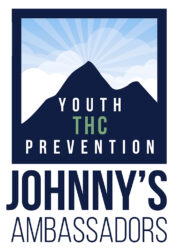
In 2022, the FDA issued a warning about Delta-8 tetrahydrocannabinol, the substance commonly known as Delta-8 THC. The FDA cited 104 adverse event reports related to Delta-8, including one pediatric case that resulted in death. If that doesn’t get your attention, hear this warning directly from Juanita Carnes, a nurse practitioner in Massachusetts with 38 years of experience.
Juanita’s career spans across emergency departments and urgent care facilities. She’s also served on the Board of Health in Westfield, Massachusetts for three decades. “Over my many years in public health,” Juanita writes in an article for MassLive, “it has been frustrating to observe the repeat performance of harmful products or public health issues facing local health departments.” Juanita is referring to Delta-8 THC.
Delta-8 differs from Delta-9 THC. Both are psychoactive compounds found in the cannabis plant. But whereas Delta-9 is the best-known version of THC—it’s the kind you think of when someone says a state has legalized marijuana—Delta-8 is different. It comes specifically from hemp, a type of cannabis plant, and it was legalized everywhere by way of the 2018 Agricultural Improvement Act.
Delta-8 is unregulated and processed synthetically, which can result in highly concentrated products made with harmful chemicals and metals. Studies have shown that Delta-8 can cause a variety of serious health problems, including paranoia, anxiety, seizures, and even altered brain development. “Poison control centers handled 2,362 delta-8 cases in a 14-month period,” Juanita writes. And although Delta-8 has been banned in 15 states, for a drug that “can be purchased as easily as buying a snack at a convenience store,” much more still needs to be done.
To read Juanita’s article in full, visit this page.

